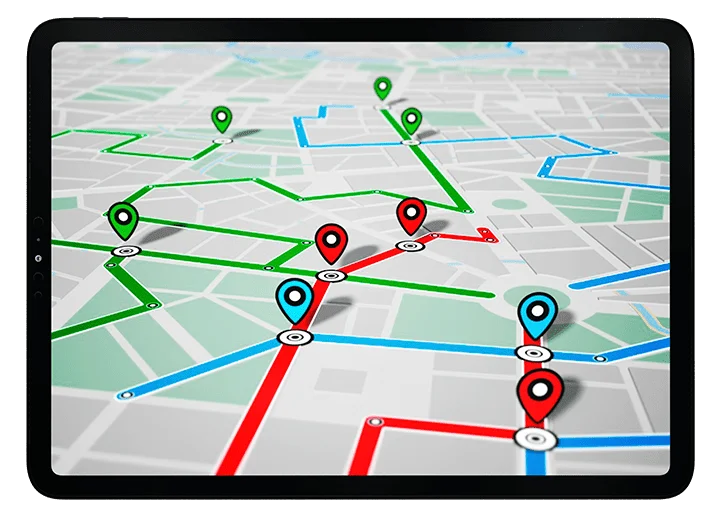The federal government has announced a new directive requiring all public sector projects valued above ₦150 million to be registered with precise GPS coordinates. This policy aims to enhance transparency, improve monitoring, and reduce corruption in infrastructure execution across Nigeria.
According to the Federal Ministry of Works, Housing and Urban Development, contractors and project managers must submit longitude and latitude data before the commencement of any contract or release of funds. Authorities insist that exact locational information will enable real-time oversight, curb phantom projects, and ensure public accountability.

Ministry officials noted that the directive aligns with broader efforts to digitize project tracking and enforce compliance from inception. By mapping each project, the government expects to strengthen its ability to monitor progress, prevent diversion of resources, and swiftly address delays or deviations in implementation.
The National Planning Commission has backed the initiative, stating that spatial data will allow better integration of federal projects into regional development plans. It noted that the GPS requirement facilitates more accurate budgeting and prevents overlapping ventures in the same areas.
Speaking at a press briefing in Abuja, a senior government spokesperson emphasized that this is not merely a technical formality but a key anti-corruption measure. Project sites’ GPS logs will be publicly accessible through an online portal, enabling civil society and the media to track activities and challenge discrepancies.
“This step is about safeguarding public funds and ensuring taxpayers know where and how their money is spent,” the spokesperson said. “No more ghost projects or phantom contracts—every significant intervention will be visible on a map.”
Critics, however, have cautioned against overreliance on GPS data. A leading transparency advocate warned that while geolocation enhances visibility, it must be paired with rigorous physical inspection and community engagement to be fully effective. Experts urged the government to train staff and strengthen ICT infrastructure to avoid data manipulation or technical lapses.
Construction firms and consultants welcomed the directive but raised concerns about compliance costs and capacity. Some industry stakeholders noted that small contractors might struggle with procuring GPS equipment or hiring surveyors, especially in remote locations. In response, the Ministry indicated plans to offer capacity-building workshops and subsidized access to geo-mapping tools.
Legal experts have weighed in, affirming that the rule is grounded in existing procurement laws and international best practices in project management. They emphasized that transparency frameworks—including the open contracting standard—recommend the use of location data to fight corruption and ensure public integrity in infrastructure delivery.
The new policy also affects state and local government authorities overseeing federally funded projects. They are expected to adapt their project approval systems and integrate GPS reporting into their monitoring protocols. The government underscored that failure to comply could result in sanctions, contract suspension, or ineligibility for future bids.
As the directive takes effect, procurement agencies and supervising ministries have been directed to issue clear guidelines and templates for uploading GPS coordinates. The Office of the Auditor‑General of the Federation has confirmed it will audit compliance, and flagged project dossiers lacking coordinate data as part of its oversight mandate.
In summary, the federal government’s mandate to register GPS coordinates for all major public projects marks a significant move toward digital governance. While it faces implementation challenges, many observers agree it’s a step forward in improving accountability, fortifying public trust, and ensuring infrastructure investments translate into tangible development outcomes.
Support InfoStride News' Credible Journalism: Only credible journalism can guarantee a fair, accountable and transparent society, including democracy and government. It involves a lot of efforts and money. We need your support. Click here to Donate
